
Optimized feed inlet with anti-arching configuration, supplemented by Siemens frequency conversion feeding motor, so that any organic biomass raw materials can be silky smooth into the pelletizing chamber, improve production efficiency and at the same time reduce the failure rate of the equipment.
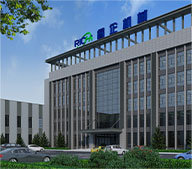
Brand
RICHI
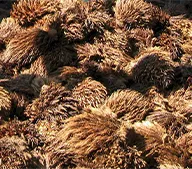
Raw Material
EFB
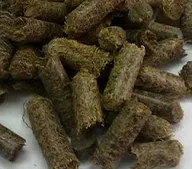
Finished
EFB Pellets
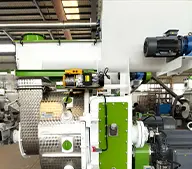
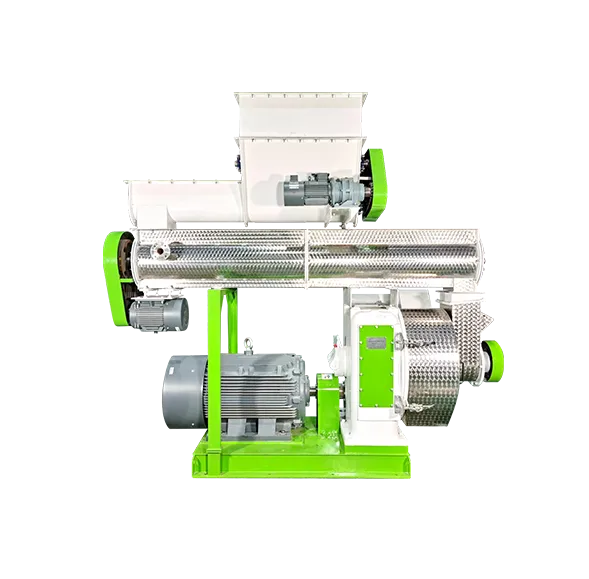
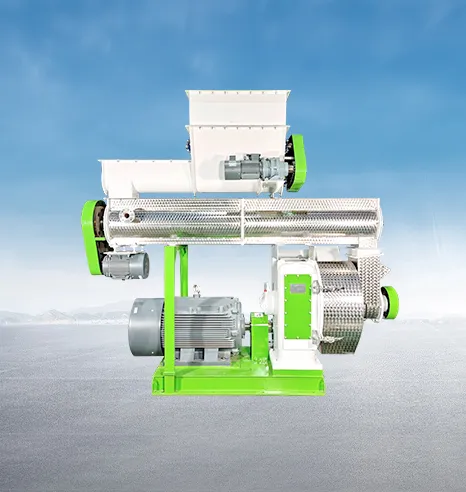
| Model | CZLH320 | CZLH350 | CZLH420 | CZLH520 | CZLH678 | CZLH768 |
|---|---|---|---|---|---|---|
| Main Motor Power(Kw) | 22 | 37 | 90 | 132 | 185 | 250 |
| Arch Breaker Feeder Power(Kw) | 2.2 | 2.2 | 3 | 3 | 3 | 4 |
| Forced Feeder Power(Kw) | 0.75 | 0.75 | 1.5 | 1.5 | 1.5 | 1.5 |
| Ring Die Inner Diameter (mm) | 320 | 350 | 420 | 520 | 673 | 762 |
| Finished Pellets Diameter (mm) | 4~12 | 4~12 | 4~12 | 4~12 | 4~12 | 4~12 |
| Production Output (TPH) | 0.5-0.6 | 1.0-1.2 | 1.8-2.0 | 2.8-3.0 | 4.0-5.0 | 6.0-8.0 |
Technological innovation is essentially all about customer service. To make you feel the convenience of RICHI's products, technologies and solutions in the process of efb pellet production.
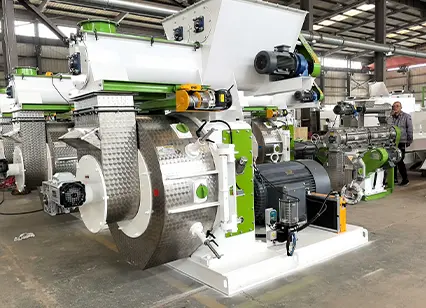
Feeding systems
The frequency conversion feeding system with anti-arching improves the continuity and consistency of the raw material conveyed to a large extent. At the same time there is still a forced feeder escorting the feeder before pelletizing. This improves the yield and quality of the efb pellet production from the source.
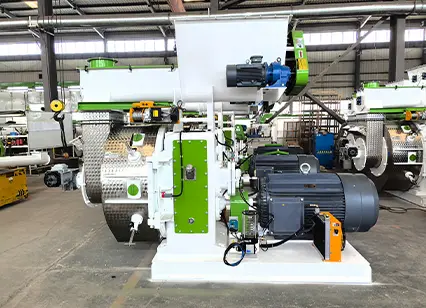
Drive system
High-end Siemens industrial grade drive motor drives the drive shaft of RICHI efb pellet mill, which is more stable and durable than traditional belt drive. In the long run, this not only improves efficiency but also saves maintenance costs.
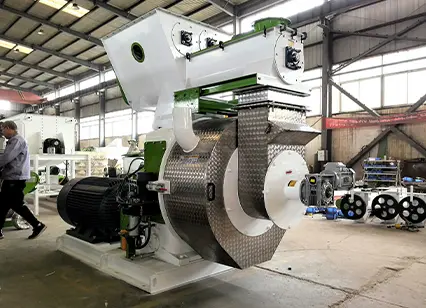
Structure and material
The body of the machine is made of high quality and high specification alloy steel, which is sturdy and durable, reduces resonance and runs stably. The parts that come into contact with the raw material are made of high grade stainless steel, which does not affect the raw material in any way and greatly improves corrosion resistance.
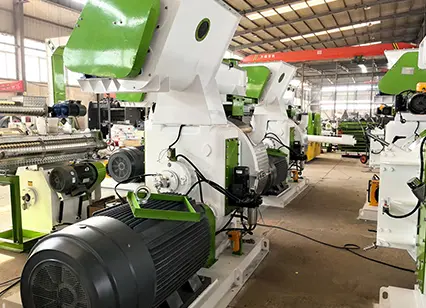
Control and Safety
Each RICHI efb pellet machine is equipped with an independent electric control system and safety stop function. It can not only avoid losses caused by perceived errors, but also effectively protect the pellet mill and subsequent production equipment.
Discover our streamlined buying process that makes it simple and efficient for you to get a complete efb pellet production plant. Every step of the way is customized for your convenience, from the initial schematic design and precise manufacturing process to secure payment options and on-site installation and commissioning. At the same time, our dedicated spare parts service ensures ongoing support and optimal machine performance, giving you peace of mind for years to come.


Solution Formulation
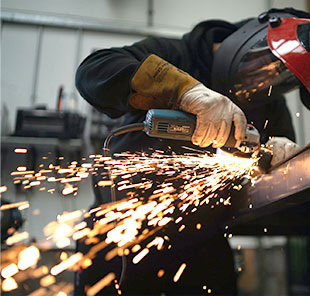
Equipment Manufacture

Secure Payment
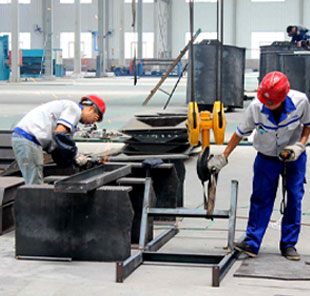
Spare Parts Service

HENAN RICHI MACHINERY CO.,LTD
Henan Richi Machinery Co., Ltd was founded in 1995. After nearly thirty years of development and expansion, RICHI Machinery has grown into a modern enterprise covering an area of 60,000 square meters and integrating independent research and development, production and sales.
The products involve feed pellet machinery and engineering, biomass pellet machinery and engineering, organic fertilizer machinery and engineering, conveying equipment and engineering, steel structure engineering, silo, automation control technology and engineering, etc., and each product series has passed ISO 9001 international quality management system certification and CE certification!
Get Quote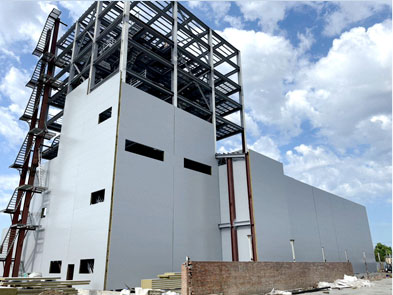

This state-of-the-art equipment supports a wide range of feed formulations for poultry and livestock, improving feed quality and reducing production costs. And its scalable design accommodates future expansion.
Learn More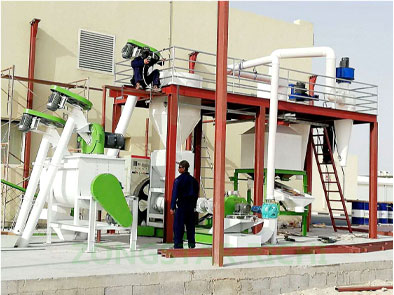

The system is fully automated, enabling seamless operation with minimal labor and supporting sustainable agricultural practices through the use of alfalfa and other forages.
Learn More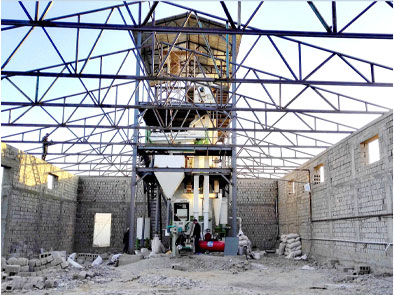

Hardwood residues are processed into durable, high-energy biomass pellets. Designed for industrial production, the system utilizes advanced drying and pelletizing technologies to ensure efficiency and quality.
Learn More

This project is capable of producing fish and shrimp feeds, equipped with precise extrusion technology for superior feed quality. The customer emphasizes its reliability and ease of operation as the main advantages.
Learn More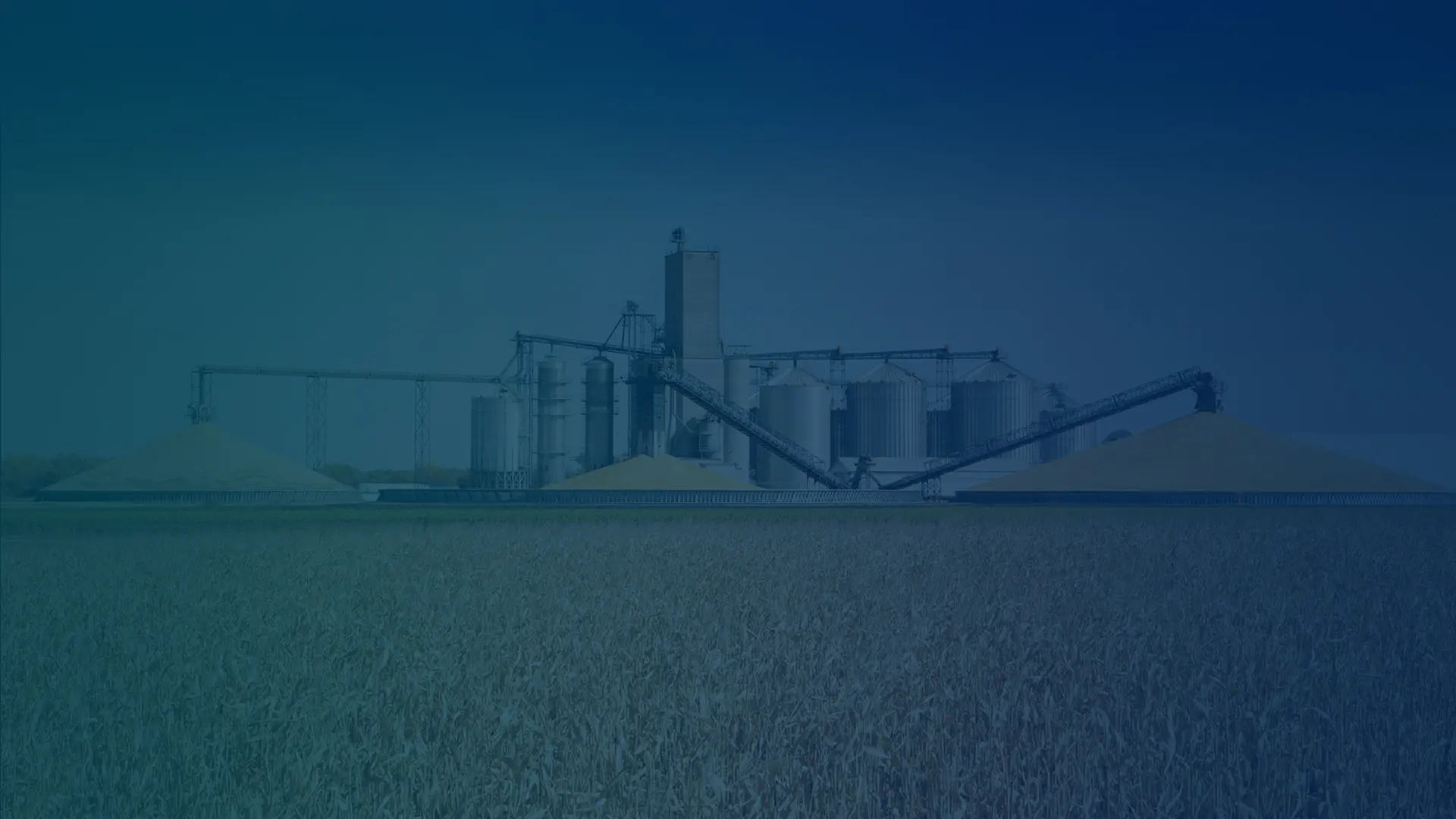
What raw materials do you intend to use for pellet production?
How many tons per hour about this plant you want to build?
Where will your pellet mill plant be built?
When do you plan to start this project?
An EFB pellet machine is designed to turn empty fruit bunches—the fibrous waste left over from palm oil production—into dense biomass pellets. These pellets are used as eco-friendly fuel in boilers, power plants, or even sold to industries using biomass heating systems. The machine compresses shredded, dried EFB fiber into small, uniform pellets without chemicals—just heat and pressure. Instead of letting that mountain of EFB rot or burn, you’re turning it into profit and sustainability. Pretty smart, right?
That’s a fair concern—and yes, raw EFB is tough and high in fiber, but with proper pre-treatment, it actually makes great biomass pellets. We recommend shredding and drying the EFB first to reduce fiber length and bring moisture down to around 12–15%. Once that’s done, our pellet mill for EFB handles it like a champ. Clients in Malaysia and Indonesia have been running our systems for years to produce durable, clean-burning pellets—perfect for local use or export.
Yes, that’s the beauty of it. If you're already in the palm oil industry, you’ve got access to tons of free raw material—and you’re halfway there. You’ll just need to shred the EFB, dry it, and then feed it into an EFB pellet making machine. If you’re not set up yet, we can help you plan a full EFB pellet production line, including shredders, dryers, and conveyors. It's a great way to turn waste into a secondary business.
It depends on your scale. For a small setup, say 500–1000 kg/h, the cost is very reasonable—even for first-timers. For larger EFB pellet production lines (1–5 tons/hour), the investment goes up, but so does the return. We always provide clear, detailed quotes based on your site, power supply, and budget. In Malaysia, many customers start small, learn the ropes, then scale up once sales pick up. So no worries—you don’t have to break the bank to start.
The pellets you make from EFB can be used as:
We’ve had customers in Thailand and East Malaysia exporting container loads of EFB pellets to Japan for green energy. So yes, the market is real—and growing fast, especially with global interest in renewables and carbon neutrality.
A full EFB pellet production line usually includes:
We customize every line based on your capacity goals—whether it’s 500 kg/h or 5 tons/h. Everything is designed to run smoothly, even in tropical climates.
Not at all! Most of our customers are new to pelletizing. The pellet machine for EFB is designed to be user-friendly, and we provide full operator training—either onsite or online. You’ll get easy-to-follow manuals, WhatsApp support, and a maintenance schedule. In fact, one customer in Johor told us, “Our staff were handling oil palm waste one week, and making pellets the next.” With the right guidance, it’s a smooth learning curve.
For a compact line (500–1000 kg/h), you can start with around 100-200 square meters. For bigger capacities, like 2–3 tons/hour, you’ll need 300–500 square meters to allow space for drying, raw material storage, and finished pellet handling. We’ll help you design a custom layout based on your actual land, so you're not guessing. We've set up plants in tight factory lots and in large rural palm plantations—whatever your site looks like, we can adapt.
Yes, it’s profitable—especially if your EFB is already “free” from your palm mill or factory. The cost of running the machine is mainly electricity, labor, and packaging. The selling price of EFB pellets in Southeast Asia can range from USD 90–120 per ton, and much higher for export-grade product. Many customers recover their investment in 12–24 months, depending on output and market access. We’ll help you do the math before you start—so you go in with eyes wide open.
You’re not buying a machine—you’re getting a complete solution. Here's what we provide:
Whether you're in Malaysia, Indonesia, we’ve got your back from first inquiry to full-scale operation.
If you need further information, please contact us

For all inquiries fill in the form below to send us a brief message,and we will get back to you as soon as possible

RICHI stick to the service principle is: We are focusing on your future, your future is our future!
© HENAN RICHI MACHINERY CO., LTD 1995-2025
Product Line-Up / Privacy Policy